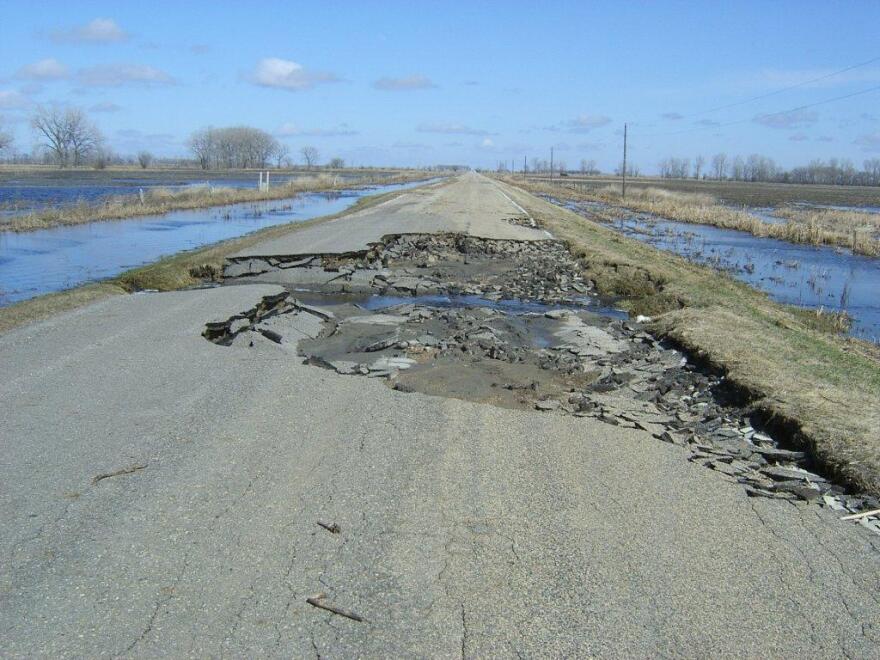The attached audio is from SDPB's daily public-affairs show, In the Moment.
Congress has approved President Joe Biden’s $1.2 trillion infrastructure bill.
Now it’s time to spend the money.
South Dakota is set to receive about $2.8 billion from the bill. The nine tribes within the state’s borders will also receive money.
The money includes funding for dams, water projects, electric vehicle charging stations, broadband, lead-pipe replacement and more.
South Dakota’s congressional delegation did not support the bill. They said it’s too expensive.
The nonpartisan Congressional Budget Office says the bill will add $256 billion to the deficit over the next 10 years.
But the bill has support from business and Native American groups that say it's important for public safety and will also benefit the economy.
“This bill funds all types of infrastructure, all types of fiscal infrastructure that you need to handle an influx of people and growing communities," said Toby Crow, who works for the Associated General Contractors of South Dakota.
Crow said the bill will also create construction jobs that pay well and don’t require higher education.
South Dakota reservations are some of the largest in the country, said Gay Kingman, executive director of the Great Plains Tribal Chairmen’s Association. That means they have big infrastructure needs.
Kingman said an accident two years ago on the Standing Rock Reservation in North Dakota exposed those needs.
“A nurse and a mailman were going to Standing Rock to work, and they didn’t know the culvert had washed out in the middle of the night," she said.
Trudy Peterson and Jim VanderWal, both of South Dakota, died on the road that had been flagged for repair seven years earlier.
The infrastructure money is being allocated to various federal agencies. Some will be distributed to states and tribes through existing programs. Others will be available through grants and loans.
The governor’s office says it’s too early to discuss funding priorities.


